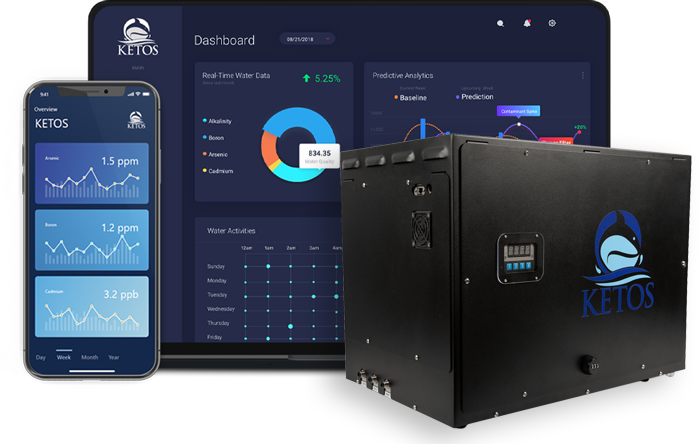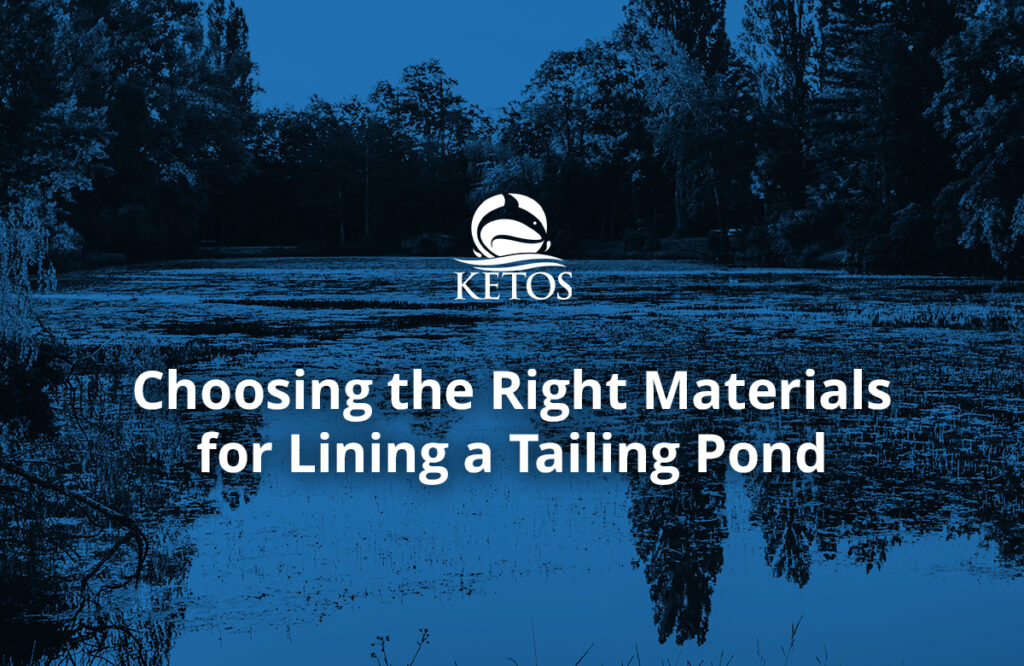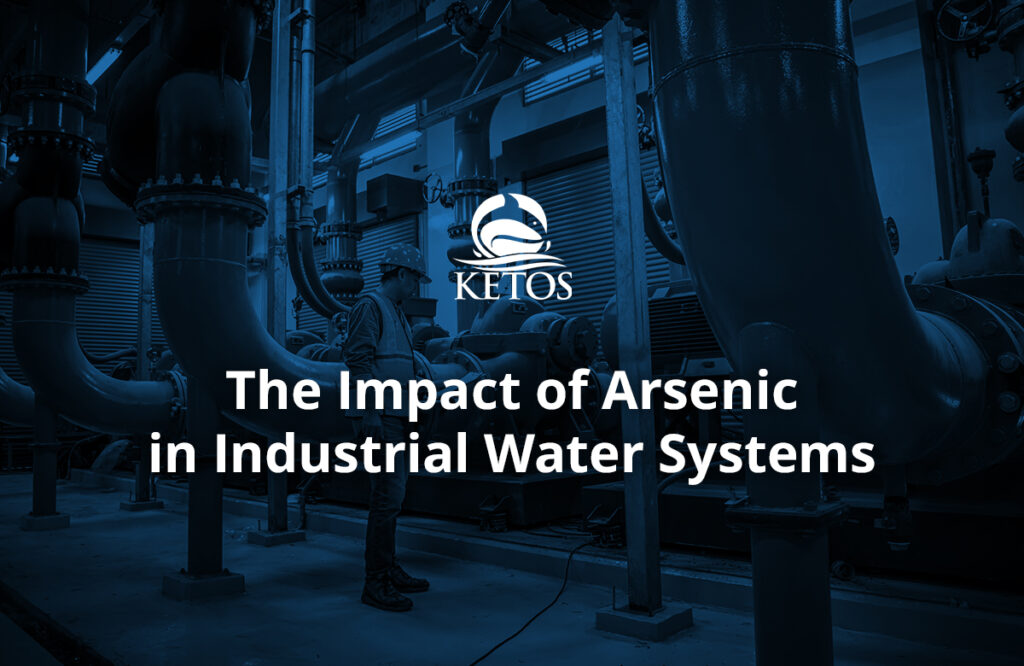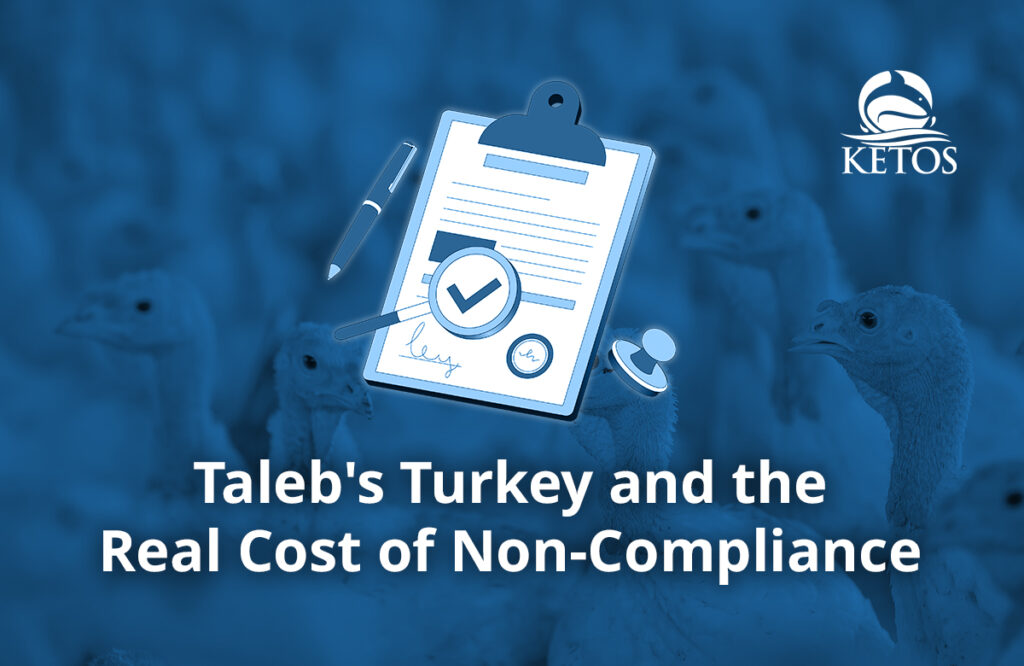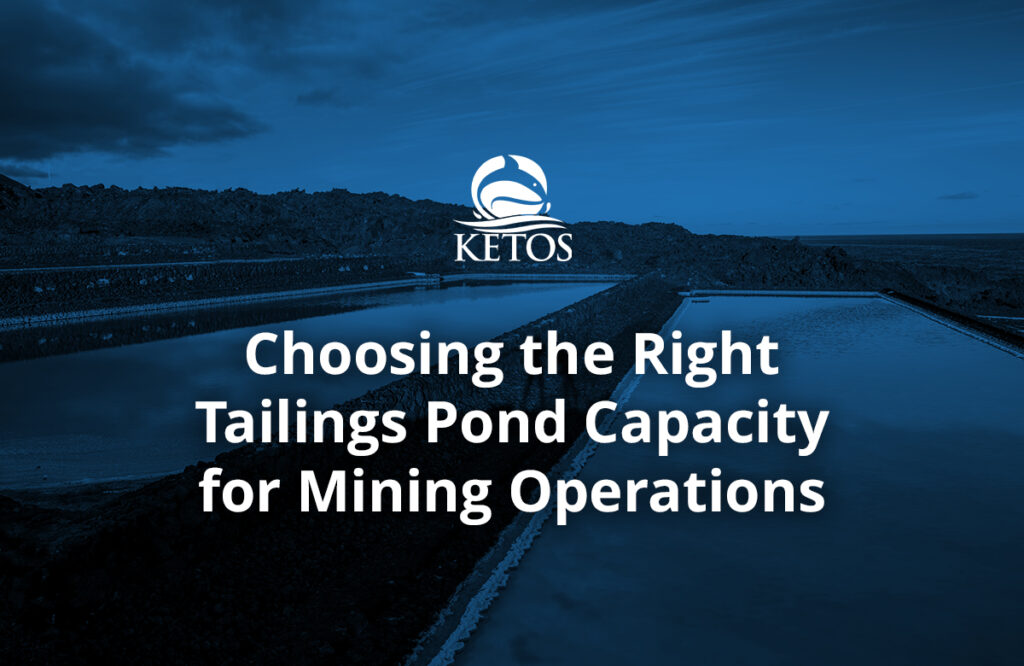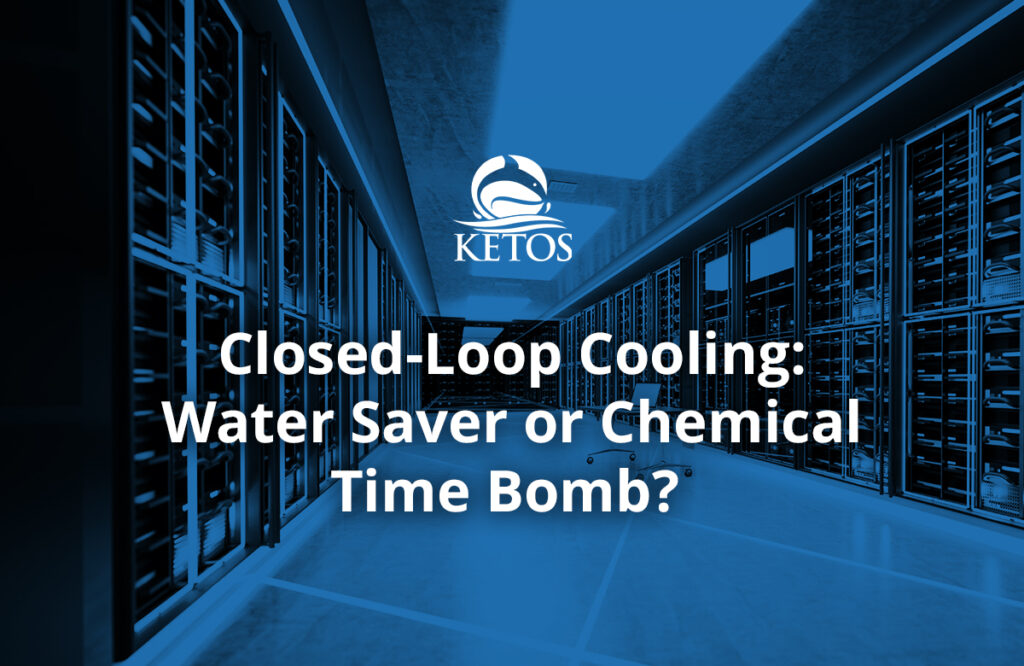KETOS has recently developed a new operational intelligence tool (OpIntel) designed to give its customers greater control over its water management. The goal is to provide our clients with actionable data generated beyond the KETOS monitoring systems alone and to draw together the breadth and depth of the knowledge base that customer environments already have to showcase more operational intelligence around water quality over time.
Why Operational Intelligence is Critical to Water Management
Operational intelligence around water quality and usage is crucial for companies for several reasons:
Regulatory Compliance:
Companies, especially those in manufacturing, agriculture, and food production, must comply with local, national, and international water quality standards. Monitoring water quality ensures they meet these regulations, avoiding legal penalties and fines. Businesses must ensure their water usage and discharge meet environmental protection regulations to prevent pollution and protect local ecosystems.
Resource Management:
Efficient water usage helps manage a valuable and sometimes scarce resource. Operational intelligence helps optimize water consumption, reduce waste, and ensure sustainable practices. By monitoring water usage, companies can identify leaks, inefficiencies, and areas for improvement, leading to significant cost savings in water bills and treatment processes.
Quality Control:
Water quality directly impacts product quality in the pharmaceutical, food and beverage, and electronics industries. Ensuring high water quality is essential to maintaining the integrity and safety of their products. Poor water quality can damage equipment, lead to production downtimes, and increase maintenance costs. Monitoring water quality helps maintain equipment and operational efficiency.
Risk Management:
Contaminated water can pose serious health risks to employees and consumers. Regular monitoring helps detect contaminants early, allowing prompt action to mitigate health risks. Operational intelligence systems can provide real-time alerts for water quality issues, helping companies respond quickly to potential crises and minimize negative impacts.
Corporate ESG Goals:
Monitoring and optimizing water usage contributes to a company’s overall sustainability objectives and helps reduce environmental impact. Ensuring high water quality, and promoting the safe discharge of remediated water, protects employees and local communities, promoting better public health and safety. Regular monitoring and reporting on water quality and usage enhances transparency, supports strong governance practices, and improves trust with stakeholders.
Data-Driven Decision Making:
With detailed water usage and quality data, companies can make informed decisions about process improvements, technology investments, and long-term sustainability strategies. Operational intelligence provides key performance indicators (KPIs) that help companies track progress toward water management goals and sustainability targets. By leveraging operational intelligence around water quality and usage, companies can enhance operational efficiency, ensure compliance, manage risks, and promote sustainable and responsible practices.
KETOS’ Existing Water Management Capabilities
KETOS is already a market leader in water quality monitoring. It can monitor 35+ parameters (including heavy metals, organics, and environmental factors). The real-time monitoring and reporting capabilities are modular and can plug into existing systems (such as HACH and SCADA) to centralize water data.
KETOS OpIntel: Providing Increased Visibility and Control for Better Water Management
OpIntel is designed to take the KETOS monitoring capabilities and significantly expand the scope of water quality visibility and reporting. KETOS can showcase more operational intelligence around water quality over time by providing actionable data from a broader range of sources.
Soon, users will be able to see across all of their chosen parameters:
- 7-day forecasts
- Reported and predictive insights of individual parameters over time
- Insights into predictors for parameter outcomes
- Overall water quality ratings for risk assessment
- And more!
Water operators will be able to visualize which parameters are inside (or outside) of their desired threshold range at a glance, making tasks like chemical balancing seamless and incremental improvements or adjustments more transparent. Coupled with historical and predictive data trends, operators can become more proactive and prescriptive in their approach to water quality and usage. It will also make compliance and reporting duties easier than ever.
For Ag customers, the ability to draw a complete picture across water quality variables goes even further with satellite image and crop data integration. In this use case, operators will be able to leverage greater prescriptive crop yield optimizations and use AI-based intelligence to help them map fertilizer use and groundwater shifts.
Increased Water Visibility for Greater Business Efficiencies
The predictive and prescriptive nature of increased water visibility isn’t just about gathering more data points. It’s about empowering water operators to act based on insights and data-backed evidence that can help them:
- Decrease water usages
- Reduce chemical usage
- Predict downtime and maintenance
- Recycle water more effectively
- Ensure compliance
This translates to increased long-term cost-savings for businesses concerned with maintaining uptime and quality control while decreasing regulatory fines.
If you want to learn more about KETOS’ new OpIntel initiative, contact us or request a demo.
